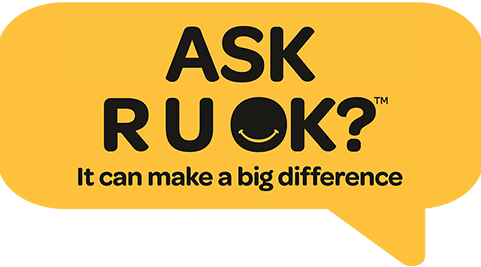A new campaign has been launched to raise awareness of the signs, symptoms and risk factors of the viral disease shingles (herpes zoster).
Data from a study in general practice estimates that about 120,000 new cases of shingles occur each year.
Shingles’ symptoms vary between patients, but for some people it can be a painful and potentially debilitating condition. Shingles is triggered by the reactivation of the chickenpox virus (varicella-zoster virus) in adulthood, and it is reported that up to 99.5 per cent of adults aged 50 years or above already have the virus that can cause shingles.
Up to one in three people risk developing shingles in their lifetime and while most people fully recover from shingles, some may experience complications.
Up to 25 pet cent of Australians with shingles may develop postherpetic neuralgia (PHN), a complication of shingles that can result in persistent nerve pain for months or years after the initial shingles rash resolves.
The new campaign will comprise TV commercials, radio spots, a new website (knowshingles.com.au) and Australian personalities to spread the word.
The campaign sees patients describe their shingles pain as being like “shocks shooting through your body.”
Infectious disease expert Professor Robert Booy says shingles can be extremely painful and an awareness campaign like this is long overdue given the potential impact of shingles.
“Too many Australians are still unaware of the early signs and symptoms related to herpes zoster,” Professor Booy said.
“Because the virus that causes shingles comes from within the body, public health measures like social distancing or mask wearing don’t impact rates of shingles. However, since the virus that causes chickenpox and shingles are the same, if a person who has never had or isn’t protected against chickenpox, comes into direct contact with the blisters of someone with shingles, they may get chickenpox.
“Given our immune systems decline as we get older, I encourage all adults from around the age of 50 years to be talking to their doctor about shingles.”
For more information about shingles visit knowshingles.com.au.


